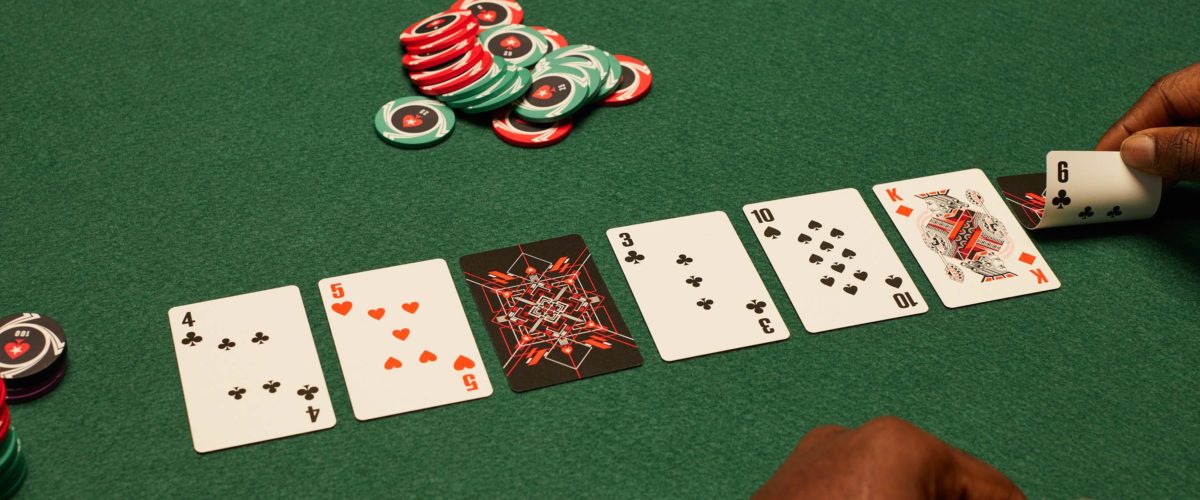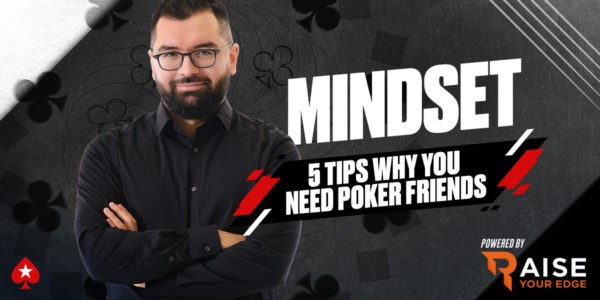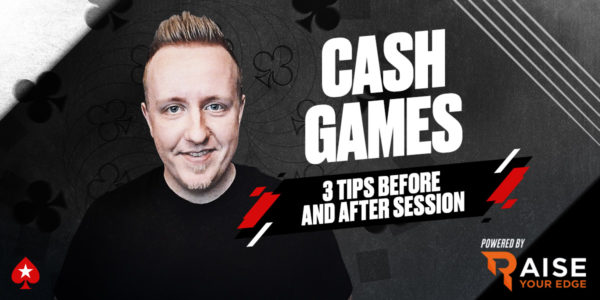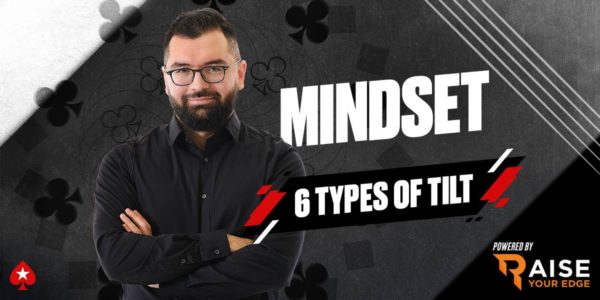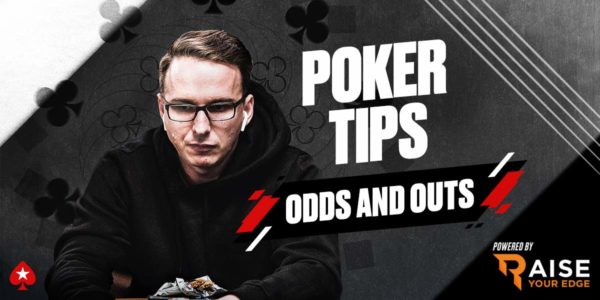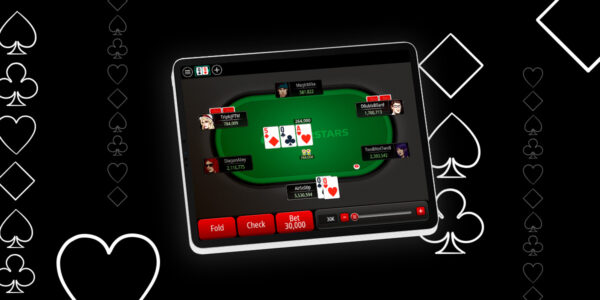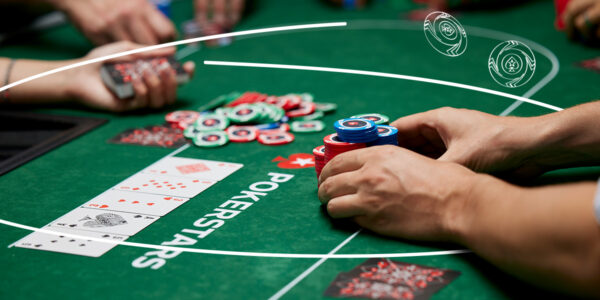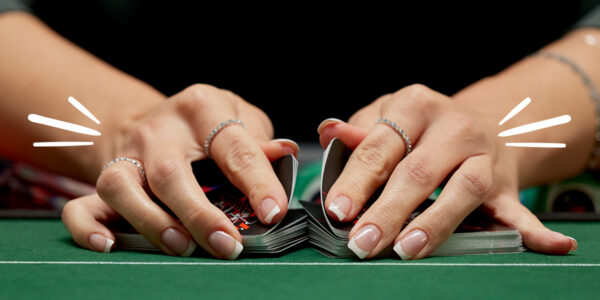Poker Goals, the Bad and the Good – Part 1
It’s that time of year again. The time for New Year’s resolutions. Of course, one can make resolutions and set goals any day of the year, but this is the time where most people resound themselves to do it. And poker players are no different. There are many sources of advice for poker players about how to set goals, make useful resolutions, etc. I’ve written some before myself. There’s so much out there about this topic that I didn’t intend to write another one this year.
And then it happened. I received a message from an aspiring poker student that included the following: “My poker goal for 2020 is to double up my current account.” While it may not be necessary to rehash poker goal and resolution setting, this statement has inspired me to address this specific aspect of poker goal setting. It’s a mistake many aspiring poker players make, one I’ve made myself in the past. So let’s talk about it.
Poker goals to make X amount of money are bad goals.
The problem with such goals is that your ability to win $X in a time frame is at least somewhat dependent on factors outside of your control.

Let’s take a simple, yet common example. A cash game player heads to the casino to play $1-$2 NLHE. They set a goal to make $300 profit for the day. You may already be saying, that’s a goal that’s wrought with problems, not the least of which is the short-term variance of a single session (where you will probably see 300 hands or less) makes any monetary goal wildly unrealistic. And you’d be correct. What if you suffer a bad beat or a cooler? A couple orbits in, you flop bottom set. When the smoke clears, you’re all in against another player who tables middle set. Reload, but now you’re stuck $200. Immediately your goal seems so much farther off. The desire to achieve this goal now leaves you feeling pressure to “make something happen”. You make a move and bluff off $100 more, now the goal is a full $600 away. The pressure mounts. Perhaps you will continue to press to make things happen, making sub optimal decisions along the way. Perhaps you will play a longer session than normal, trying to recover while your concentration and patience slips away, leading to further bad decisions.
That’s not the only potential problem. Let’s alter the story of your session… the game is amazing; players are awful and making gross mistakes. After a couple hours, you’ve managed to work your way up to $315 in profit. What now? You’ve achieved your goal for the day, at least temporarily… but now the goal is going to work against you again. Players in this situation will typically do one of two things; Either they tighten up considerably, and change their strategy from one that was successfully crushing this line up to one that is excessively risk adverse, costing themselves potential profit by failing to take the most optimal +EV lines. Or worse, they quit the game altogether to lock up their win. Why is that bad, we made our daily goal after all right? It’s bad because strictly as a result of this goal, we are now leaving early from an amazing game where we appear to have a significant edge, a solid winning image, and an easy time of finding grossly +EV spots.

What we’ve now done above as a result of this misguided goal, is the exact opposite of what we should want to be doing… we’ve played a shorter session in an amazing game, one where we should look to play longer, not shorter. Had we been free of this goal there’s a good chance we would have finished with more profit, by leveraging our time with the opportunity at hand to keep working. And, when the lineup is tougher than expected, we’re running bad, or things just aren’t going to plan, we’ve extended our session when the best strategy would be to cut the session earlier than expected and live to fight another day. This goal creates an environment where we will tend to limit our wins when things are going exceptionally well, and maximize our losses when they are going very poorly, in the interest of hitting our daily monetary goal.
Extend this to an annual monetary goal, and the problems that surface are similar. If things go very well, hypothetically let’s say you hit your annual monetary goal in August. What now? 4 months off? Of course not. If you hit a bit of a downswing in September now, it will really mess with your head. Fall below your target number, and you’re likely to feel anxiety and stress at having been there and “blown it”. Which leads to a poor mind set, pressing for more hours, added stress with any losing session, etc. Likewise, if things start off poorly, now your goal is that much farther off, leading you to pressing for more hours, perhaps moving up in stakes to try and recover quicker (the last thing you want to do when things aren’t going well), shaken confidence or feelings of low self-esteem, etc.
In part 2 we’ll take a look at some ideas for better poker goals that you as students of the game can set for yourselves. But for now, try to avoid goals that have a dependence on things outside of your control like variance or chance occurrences, which may lead to your making sub optimal decisions and end up hurting your bottom line instead of helping it.
Condimentum Nibh
Donec sed odio dui. Cras mattis consectetur purus sit amet fermentum. Vestibulum id ligula porta felis euismod semper. Curabitur blandit tempus porttitor.

